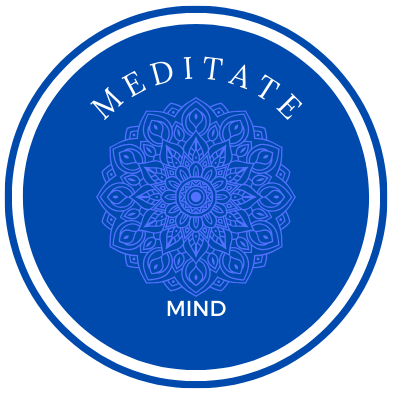
So, you’ve probably been tossing and turning at night, right? That’s insomnia, and trust me, you’re not alone.
Understanding why this happens is half the battle, let’s break it down. Sleep is critical, it’s when the body recharges, repairs muscle, and even solidifies memories. When insomnia creeps in, it disrupts this natural process. Your mind races, anxiety climbs, and before you know it, you’re staring at the ceiling dreading the next day.
Now, what’s meditation got to do with this? A lot. Meditation isn’t just sitting cross-legged humming to yourself. It’s an ancient practice with roots in mindfulness and relaxation. By focusing the mind and learning to control errant thoughts, meditation brings a sense of calm and restfulness that’s oh-so-valuable for sleep.
There’s solid science backing this too. Research has shown that meditation can change brain function, increasing activity in areas associated with relaxation and decreasing it in areas related to stress. One study found that participants who meditated regularly fell asleep sooner and stayed asleep longer compared to those who didn’t. Real proof that it works!
Meditation helps balance the nervous system, easing the fight-or-flight response that often comes with stress and anxiety. For anyone struggling with insomnia, this can be a game-changer. It’s not just about falling asleep quickly but also staying asleep and achieving that deep, restful slumber.
Imagine cutting through the noise of your day and finding a moment of peace before bed. That’s what meditation offers. You create a mental space where rest can flourish. It’s like setting the stage for a great performance. A calmer mind leads to a more restful body, plain and simple.
Practical Meditation Techniques to Improve Sleep
Alright, now that we know why meditation works for sleep and insomnia, let’s get into how you can actually do it. It’s way easier than you might think.
Guided meditation is an excellent starting point for cultivating a meditation practice. In these sessions, a calming voice leads you through the meditation process, often accompanied by soothing music or nature sounds. This guided approach helps you stay focused and relaxed. For those seeking improved sleep, guided meditations tailored for this purpose can be particularly effective. Spend some time exploring different options to find a voice and style that resonate with you. The right guided meditation can be a powerful tool for easing into restful sleep and enhancing your overall well-being.
Then there’s mindfulness meditation, it’s all about being present in the moment. When your mind wanders ( and it will ) just gently bring it back to focusing on your breathing or a particular thought. This kind of meditation has been shown to reduce the overthinking that often keeps people awake at night.
Ever heard of the body scan technique? You mentally scan your body from head to toe, noticing where you’re holding tension and consciously letting it go. This helps release physical stress, making it easier for you to fall asleep.
Don’t underestimate the power of simple breathing exercises. Deep, slow breathing has a direct effect on calming the nervous system. Try inhaling for a count of four, holding for a count of seven, and exhaling for a count of eight. This can transform how relaxed you feel before bed.
Creating the right environment can really boost your meditation practice. Dim the lights, put on some comfy clothes, and find a quiet spot. Maybe add some lavender essential oil or a calming tea to set the mood.
With these techniques, meditation isn’t just a buzzword – it’s a practical, effective tool you can use every night. Give it a go, and you might just find yourself drifting off to dreamland with ease.
Integrating Meditation Into Your Nightly Routine for Long-term Sleep Benefits
You’ve got the techniques down, but the key to making meditation work for you long-term is consistency. Just like brushing your teeth or washing your face, it helps to fit meditation into your nightly routine. Setting aside a specific time every evening can build the habit, making it something you look forward to rather than a chore.
It’s also important to personalize your meditation practice. Everyone’s sleep needs are different. Maybe you find guided meditations more effective, or perhaps mindfulness meditation works better for you. Experiment with different types and see what fits best with your sleep patterns.
Don’t forget to combine meditation with other good sleep hygiene practices. Keep your room cool, avoid screens before bed, and try to keep your bedtime and wake-up time consistent—even on weekends. These practices coupled with regular meditation can work wonders.
Real-life stories make this all tangible. There are people who struggled with insomnia for years and began incorporating a 10-minute body scan meditation into their nightly routine and noticed significant improvements in their sleep quality within a month. There are countless stories out there, real people finding real relief.
By making meditation a regular part of your nightly routine, you’re setting yourself up not just for better sleep tonight, but for lasting benefits in your overall well-being. The consistency pays off, helping you reclaim your nights and improve your days.
